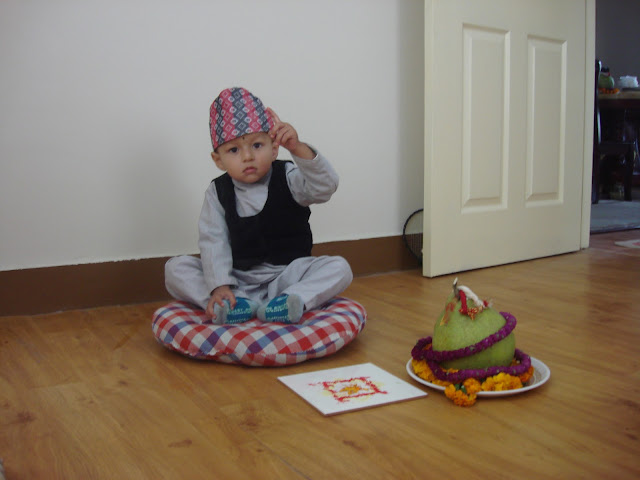Wednesday, December 28, 2011
Hello Sarkar: Complain By A Madhesi Fellow
Posted by
Nepal Officers
at
7:14 AM
0
comments
![]()
Labels: Hello Sarkar, Madhes, Madheshi, Reservation
Saturday, December 10, 2011
Life With Peace, Happy With Peace, Peace With Peace
Posted by
Nepal Officers
at
7:58 AM
0
comments
![]()
Labels: Enjoy, Happy, Life, Lough, of With Peace, peace, With Peace
Tuesday, November 8, 2011
Hello Sarkar-Hello Government
Posted by
Nepal Officers
at
6:09 PM
0
comments
![]()
Labels: Accountability; Corruption; Accountability; Corruption; Corruption;
Saturday, October 29, 2011
Sunday, October 16, 2011
Indigenous, Madhesi, Dalit, Disable and Women in Nepal
“Status, upliftment efforts, problems, solutions and potentialities of Indigenous, Madhesi, Dalit, Disable and Women in Nepal”
Posted by
Nepal Officers
at
10:29 PM
0
comments
![]()
Monday, October 10, 2011
Monday, September 26, 2011
Believe Me Or Not: Foreign Employment Has Become Major Source Of Human Smuggling
Posted by
Nepal Officers
at
6:41 AM
0
comments
![]()
Labels: Foreign Employment, Human Smuggling, Nepal, Trafficking
Sunday, September 25, 2011
Nepal's Speech at 66th Session of the United Nations General Assembly Was Not Matured ?
Personal View Expressed By Krishna Hari Pushkar
Distinguished Delegates,
Similarly, the special difficulties of the Land-Locked Developing Countries (LLDCs) should be recognized and the freedom of transit should be ensured to them as a matter of right. Together with this, support for trade facilitation and infrastructure development in these countries should be scaled up.
Finally, let me reiterate, the UN principles be holistic, and all be pursued in a balanced manner.
The United Nations should not only be the custodian of its noble principles, it must deliver on its promises. Let it not be a mere umbrella of big powers.
Posted by
Nepal Officers
at
10:02 PM
0
comments
![]()
Labels: Advocacy Activism; War; Polarization; Security; Uncertainty; Violence
Thursday, September 22, 2011
Strength of Nepal Officers Online and Importance of Your Contribution
This group solely works for Nepalese and its concerned people, groups or institution. The group is committed to institutionalize the democratic norms and values to make the country, government and governance more modern, dynamic, stable and inclusive in the era of 21st century. Thus, we request to all who have interest to share and discuss varieties of recent national and international issues concerning contemporary Nepalese social, political, academic, professional, cultural, economical, and administrative and other. It is the intellectual exercise online forum without any border or limitation of opinion.
For your kind information, currently, we are connected with more than 200,000 peoples, institutions & professional of the different parts of the world through different online groups.
Posted by
Nepal Officers
at
6:48 AM
0
comments
![]()
Labels: Nepal Officers Online









